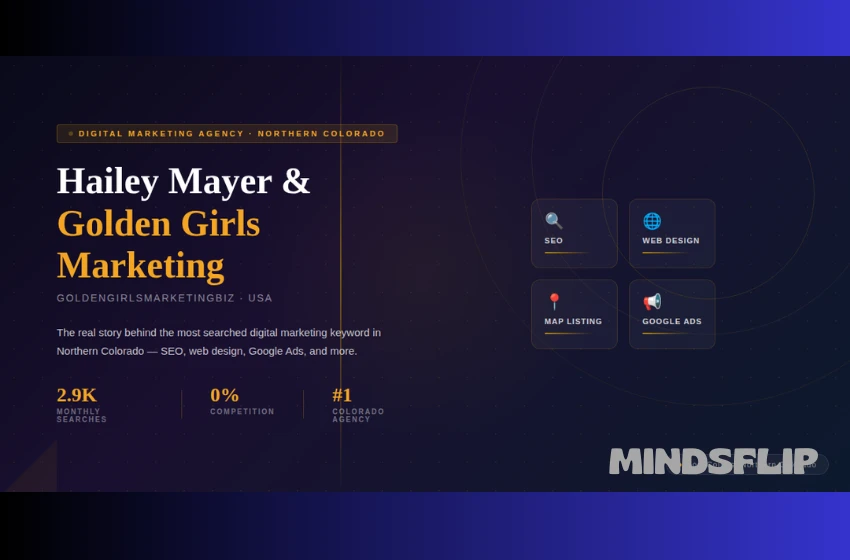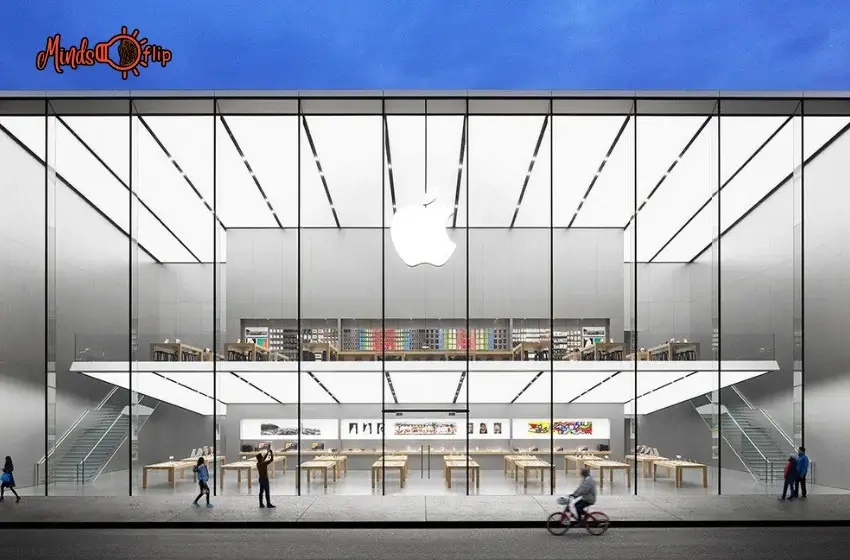Streamlining Talent Acquisition Processes for Modern Businesses
Discovering and employing the correct talent remains a major obstacle for businesses in the current era. An efficient and effective talent acquisition process is paramount to securing candidates who possess the required skills and fit well within the company culture. Companies that successfully streamline their hiring processes are better positioned to attract and retain the best talent, ensuring long-term success and growth in their respective industries.
In today's fast-paced business environment, a robust talent acquisition strategy blends traditional recruitment methods with modern technology-driven approaches. This detailed article explores how to improve talent acquisition processes to boost business performance.
The Importance of Talent Acquisition
Talent acquisition goes beyond filling vacancies; it's about building a pipeline of skilled professionals to drive the organization forward. Effective talent management is crucial to maintaining a competitive edge. Companies with robust recruitment strategies often experience improved performance and higher employee satisfaction. With numerous obstacles, including high competition and an overwhelming number of applicants, businesses need innovative talent recruiting solutions to stay ahead.
In addition, an organized approach to talent acquisition aids companies in locating and hiring people who possess essential abilities. This proactive approach ensures companies are prepared for future growth and market opportunities. Putting money into hiring new employees helps a firm build a strong employer brand and attract additional candidates. In essence, talent acquisition is a strategic priority that supports an organization's long-term vision and mission.
Modern Challenges in Hiring
Consultants face particular problems in the current labor market. The large number of applications can be very stressful, particularly when there are not enough qualified candidates for specific positions. According to a Society for Human Resource Management (SHRM) study, effective talent management directly correlates with better business outcomes, including increased innovation, productivity, and financial performance. Additionally, attracting top talent in a competitive market requires innovative strategies. Companies must evolve their recruitment processes and embrace new technologies to manage these challenges effectively.
One significant challenge is the evolving nature of skills required in the digital age. The growing need for specialized skills like data analytics, cybersecurity, and artificial intelligence is driven by fast technological progress. This makes it crucial for organizations to continuously adapt their talent acquisition strategies to align with these shifting needs. Furthermore, the rise of remote work has expanded the talent pool but also requires new techniques and tools for virtual recruiting and onboarding. Addressing these modern challenges necessitates a combination of agility, creativity, and strategic foresight in the recruitment process.
The Role of Technology in Talent Acquisition
Technology has revolutionized the talent acquisition landscape. From applicant tracking systems (ATS) to AI driven recruitment tools, businesses now have access to advanced solutions that streamline the hiring process. According to a Forbes report, AI in recruitment can significantly improve candidate screening, reduce bias, and create a more inclusive workplace. These technological advancements enable recruiters to handle larger volumes of applications more efficiently and make more informed hiring decisions.
Applicant Tracking Systems (ATS)
Applicant tracking systems are fundamental in modern recruitment strategies. They help manage the hiring process, from posting job openings to tracking candidates. ATS can get rid of applications that aren't qualified, so managers can focus on the best ones. In addition, these systems often come with features such as resume parsing, interview scheduling, and candidate communication, which streamline administrative tasks and enhance overall efficiency.
AI Driven Recruitment Tools
Tools that are powered by AI can quickly find the best options by analyzing huge amounts of data. These tools can also assist in creating job descriptions, automating communication with applicants, and even predicting candidate success based on previous hiring data. To find individuals who are a good fit for a position, for example, AI algorithms can assess resumes and online profiles, saving time and effort during the initial screening process. By leveraging AI, organizations can prioritize high-potential candidates and improve the quality of hires.
Best Practices for Streamlining Hiring Processes
Utilize Data Analytics
Data driven recruitment strategies can help identify hiring trends and factors contributing to candidate success. This enables better decision making and aids in improving recruitment strategies. For example, analyzing past hiring data can reveal patterns and insights into what attributes predict a candidate's long term success within the organization. Such data driven approaches enable recruiters to tailor their hiring practices to attract and select the best talent.
Enhance Candidate Experience
A smooth and efficient application process leaves a positive impression on candidates and reflects well on the company. This can be achieved by maintaining clear communication, providing timely updates, and simplifying application procedures. Organizations should prioritize creating a candidate-centric experience that values transparency, responsiveness, and respect. A positive candidate experience helps secure top talent and strengthens the company's reputation as an employer of choice.
Implement Automated Systems
Automation can significantly reduce manual tasks and speed up the recruitment cycle. For example, automated screening technologies can filter applicants according to preset standards, freeing up recruiters' time to work with the best candidates. Routine tasks like screening resumes, setting up interviews, and sending follow-up emails can be done automatically. This frees up time that can be used for more strategic tasks like talent mapping, workplace branding, and building relationships with candidates. The hiring procedure is consequently more effective and successful.
Conclusion
Businesses must prioritize optimizing the talent acquisition process to remain competitive in the current market. By leveraging technology, focusing on data, and following best practices, companies can build a robust talent pipeline to drive future success. Effective recruitment is not just about filling today's vacancies; it's about preparing for tomorrow's challenges. A forward-thinking approach to talent acquisition ensures organizations have the right skills and capabilities to navigate the ever-evolving business landscape.
Investing time and resources into optimizing talent acquisition processes pays dividends in improved organizational performance, enhanced employee satisfaction, and a stronger employer brand. Incorporating modern recruitment technologies and adopting data-driven strategies are essential to attract, select, and retain the best talent. As the business environment evolves, so must the techniques and tools employed in talent acquisition, ensuring that companies remain agile and competitive in the quest for top talent.
More Blogs
Cursed-Memes.com Technology : Overview To create your First Meme
Aiotechnical.com Computer Review Everything about it
Apple Sign Applemiller9to5mac: Detailed Review About It
Is Tickzoo down? Explore New Things History,Controversies
For More Queries Visit Minds Flip











